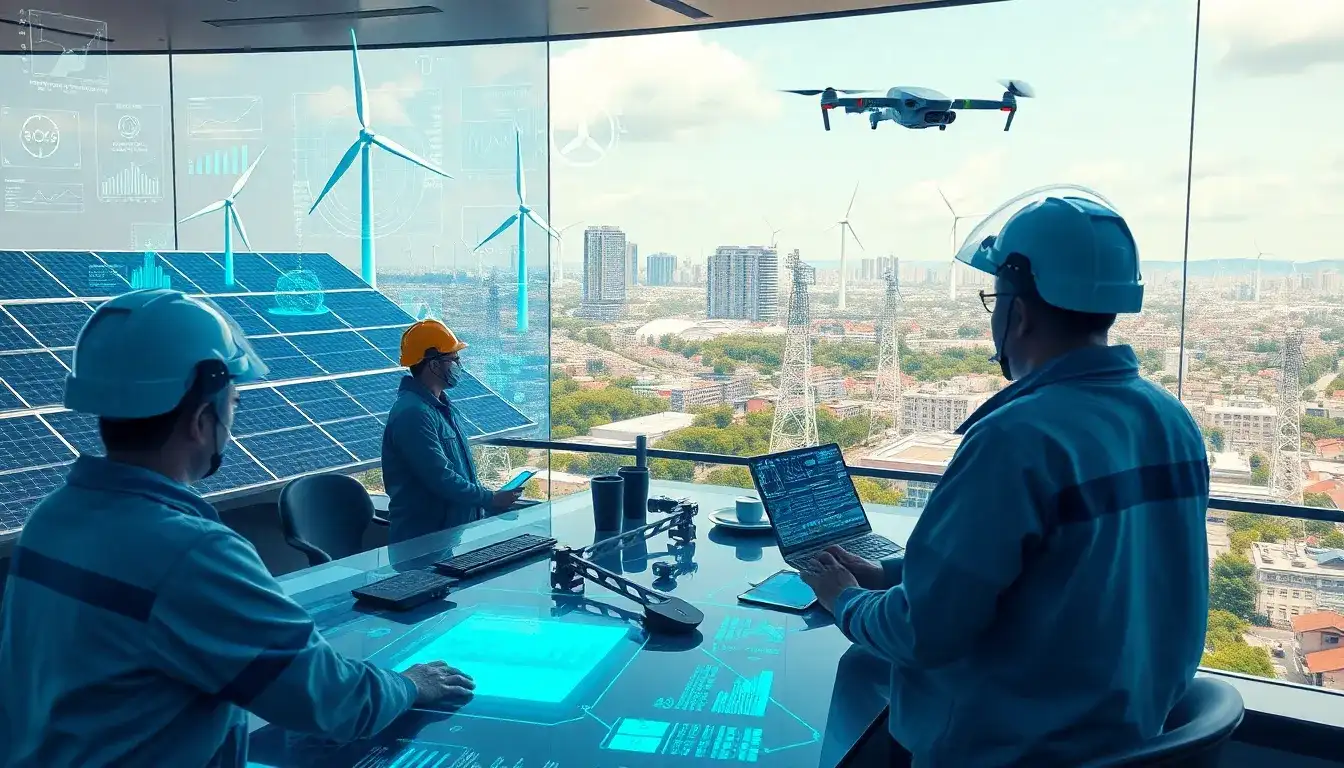
In recent years, the rapid development of artificial intelligence (AI) has significantly impacted various sectors, particularly the energy industry. As of March 24, 2025, major national departments have begun to roll out initiatives aimed at enhancing the green energy market, highlighting the increasing importance of sustainable energy solutions.
AI serves as a crucial bridge, supporting the transition to efficient energy systems. It combines computational power with electricity supply, creating a “golden triangle” of technology that drives advancements in energy production and consumption. The significance of energy storage systems has become more apparent, as they play a key role in stabilizing power supply amidst fluctuating demand.
According to recent government reports, the emphasis on renewable energy sources is set to accelerate, with a focus on green electricity certification. By 2030, it is anticipated that energy derived from renewable sources will account for a substantial portion of total energy consumption, with ongoing efforts to improve energy efficiency and reduce carbon emissions.
Over the past year, Chinese enterprises have made significant strides in AI applications, particularly in the energy sector, aiming for greater efficiency and sustainability. The use of AI is expected to rise dramatically, with energy demand projected to increase by 3% to 6% annually over the next few years, driven by the growing need for robust energy solutions.
As AI technology advances, the energy sector is exploring new ways to manage energy resources effectively. The integration of AI with data analytics is essential for optimizing energy use and addressing the challenges posed by increasing demand. This includes enhancing the stability of electricity supply and ensuring that energy systems can respond effectively to fluctuations in usage.
The future of energy management relies heavily on AI’s ability to analyze vast amounts of data to predict consumption patterns and optimize resource allocation. With the implementation of AI-driven solutions, energy providers can expect to see improved performance metrics and a reduction in operational costs.
In conclusion, the energy sector is on the cusp of a transformative shift driven by AI. As companies continue to innovate and adapt to changing market dynamics, the focus on sustainable energy solutions will become increasingly critical. Efforts to integrate AI into energy systems will not only enhance efficiency but also contribute to a greener and more sustainable future.







